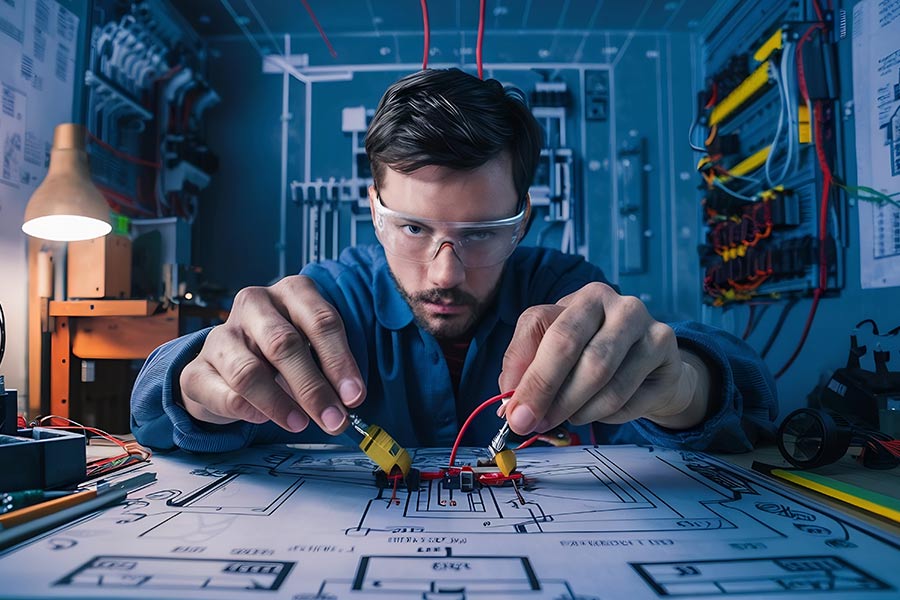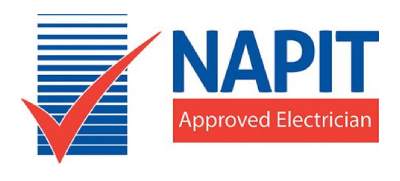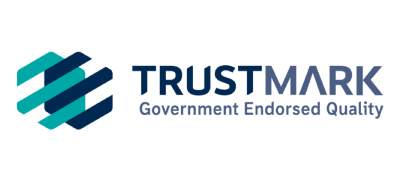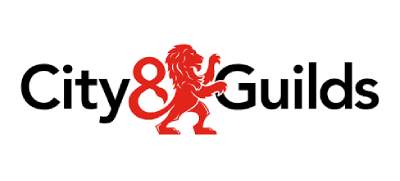Smart Home Technology
Smart home devices are more user-friendly than ever, allowing homeowners to upgrade their living spaces without advanced electrical knowledge:
- Smart Lighting: Systems like Philips Hue enable remote control of lights via smartphone apps and voice assistants (Alexa, Google Home).
- Smart Plugs & Sockets: These modern devices allow you to control appliances remotely, schedule usage, and monitor energy consumption.
- Wireless Switches: Battery-powered, stick-on smart switches eliminate the need for complex wiring. Many smart home gadgets now operate wirelessly and require no electrical rewiring, just plug and play!
Upgrades in Home Energy Efficiency
With rising energy costs, homeowners continually seek ways to reduce consumption through simple improvements:
- LED Lighting: Replacing traditional bulbs with LED options can cut electricity usage by up to 80%. Swapping out old light bulbs for energy-efficient LEDs is one of the simplest upgrades you can do yourself!
- Smart Thermostats: Devices like Nest and Hive learn your heating habits, reducing energy waste.
- Energy Monitors: Plug-in meters and whole-home energy monitors provide real-time data on electricity usage. The use of CT Clamps makes this easy.
Wireless & Battery-Powered Innovations
Advances in battery technology and wireless communication are making electrical upgrades easier than ever.
- Battery-Powered Security Cameras: These devices require no wiring, just mount and connect to Wi-Fi.
- Wireless Doorbells: Smart models with built-in cameras require no complex installation.
Smart Electrical Systems
Renewable Energy Adoption: With a strong emphasis on sustainability, many homeowners are incorporating renewable energy sources, such as solar panels and wind turbines, into their properties. This shift necessitates knowledge of connecting these systems to the existing electrical infrastructure safely and in compliance with regulations. Most homeowners are already exploring these options:
- Solar-Powered Garden Lights: Simple, no-wiring solutions for outdoor lighting.
- Portable Solar Panels: Ideal for charging small devices or supplementing household power.
- Plug-In Solar Kits: Some small-scale systems can be installed without professional help, feeding excess power into your home’s outlets.
While major solar panel installations require an electrician, small-scale solar solutions like outdoor lights or portable panels are easy to set up!
Electric Vehicle (EV) Charging Stations: The growing popularity of Electric vehicles has increased the demand for home-based EV charging points. More homeowners are looking for charging solutions beyond public stations. Installing these chargers involves specific considerations, including load calculations and adherence to safety standards. Available solutions include:
- Standard 3-Pin Plug Charging: Basic EV charging through a normal household outlet.
- Friendly EV Chargers: Some models offer easy wall mounting, though electrical wiring should be handled by a professional.
- Solar-Powered EV Charging: A sustainable solution that combines solar panels with an EV charger.
Installing a dedicated EV charger usually requires professional help, but you can prepare by ensuring the installation location is accessible, planning cable routes, and getting the necessary approval from your local DNO.
Energy Efficiency Measures: Upgrading to energy-efficient appliances and lighting not only reduces environmental impact but also lowers energy bills. Implementing these changes may involve rewiring and the installation of new fixtures, requiring compliance with current electrical standards.









